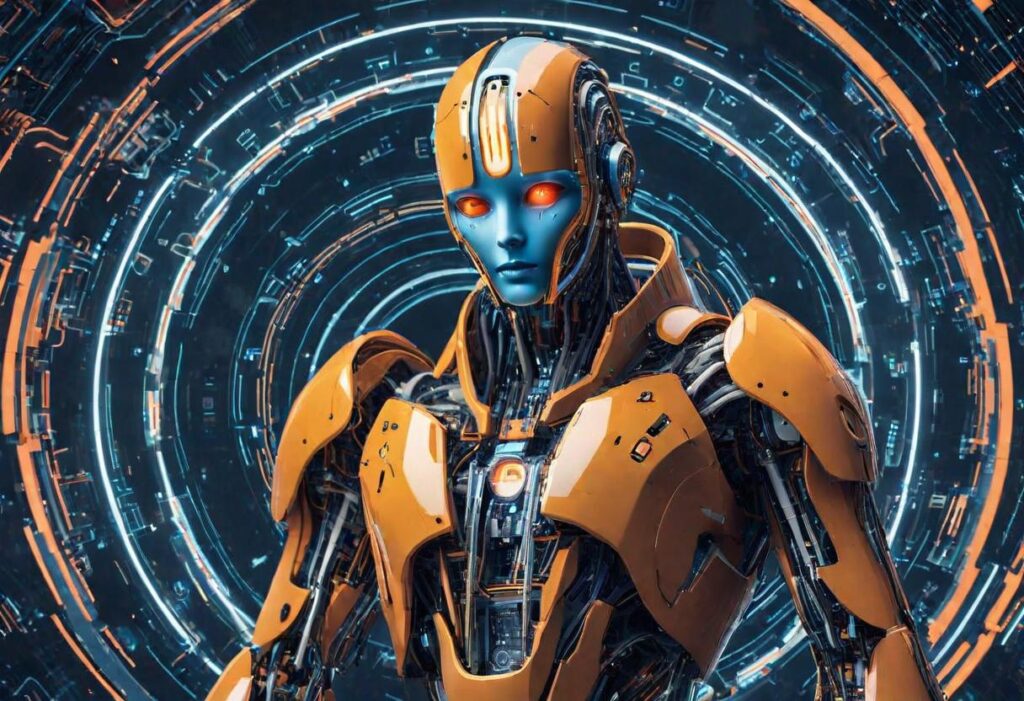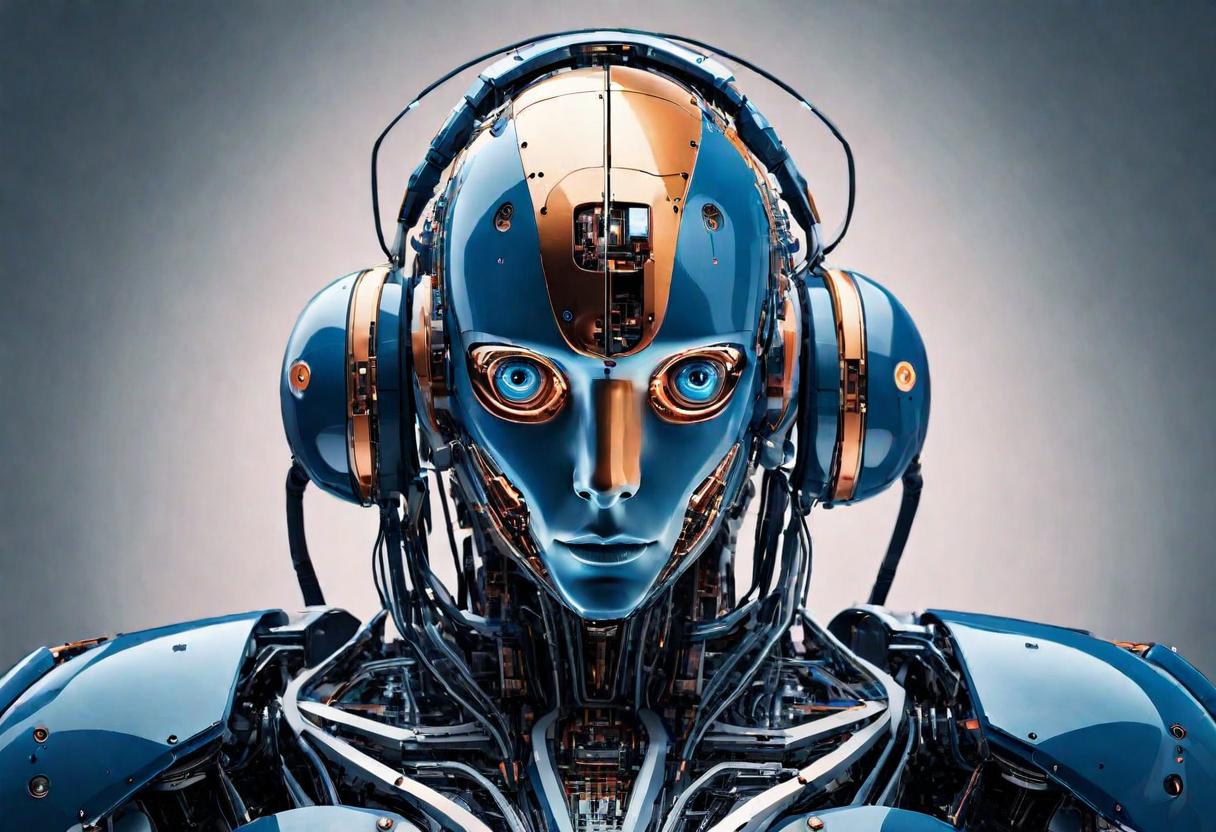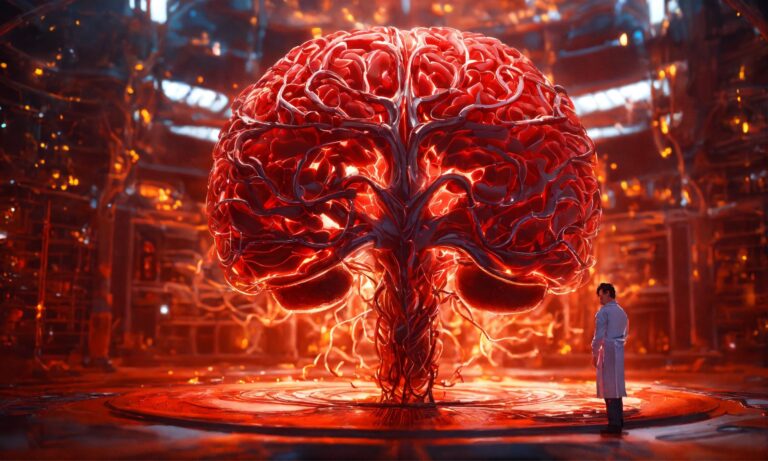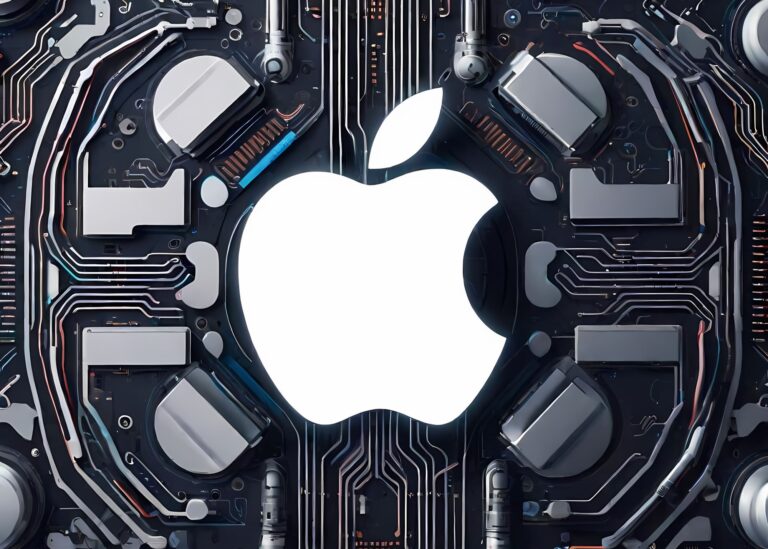The intellectual revolution is coming and it will transform the economy, business, and society in unprecedented ways. Behind this wave of change is the Keeper of the Artificial Intelligence Revolution, a diverse group of pioneers, visionaries, and advocate groups leading the development of AI to ensure that it benefits humans. In this article, we’ll take a closer look at who these guardians are, their important roles, and why they’re important in our ever-changing world.
Table of Contents
ToggleThe Core of AI: Scientists and Researchers
Leading the Technological Frontier
Artificial Intelligence (AI) is no longer a futuristic concept; it is a reality integrated into every aspect of our daily lives. AI is driving major changes, from new healthcare solutions to driverless cars, smart homes, and finance. At the forefront of this revolution are the scientists and researchers who form the basis of the technology. These individuals work in universities, research centers, and technology companies, pushing the boundaries of what intelligence can achieve. They develop algorithms, build neural networks, and create machines that can learn and adapt.
Notable Figures in AI Research
Notable names in this field include Geoffrey Hinton, Yoshua Bengio, and Yann LeCun, who are renowned for their groundbreaking work in deep learning. Their research lays the foundation for many AI applications we see today.
Visionaries in AI: Innovators and Entrepreneurs
Pioneers of Commercial AI
The main drivers of AI’s application are visionaries behind startups and tech giants like Elon Musk (Tesla, OpenAI), Demis Hassabis (DeepMind), and Fei-Fei Li (AI4ALL). These individuals are pioneering the commercialization of AI, moving it from the laboratory to the market, and ensuring it solves real-world problems.
Impact on Various Industries
Their work is instrumental in advancing AI technologies that improve various sectors, such as healthcare, transportation, and finance. These visionaries ensure that AI not only innovates but also remains safe and beneficial for public use.

The Ethical Guardians: Ethicists and Philosophers
Addressing Ethical Concerns
As smart technology advances, ethical considerations become more important. Ethicists and philosophers are responsible for addressing ethics regarding AI. They tackle questions about intellectual property rights, privacy concerns, and the impact of automation on employment.
Promoting Fairness and Transparency
Their work ensures that AI development complies with ethical standards and promotes fairness, transparency, and accountability. They play a crucial role in balancing innovation with security and the public interest.
Regulatory Bodies and Advocacy Groups
Ensuring Ethical AI Deployment
Organizations such as the European Commission and AI Now advocate for regulations that protect the public while encouraging technological development. These groups are tasked with ensuring that AI applications comply with ethical standards. They assess the potential impact of AI deployment, mitigate risks, and offer recommendations to prevent harm.
Internal Oversight for Public Trust
This internal oversight is critical to maintaining the public’s trust in AI technology. They provide the necessary checks and balances to ensure that AI benefits society as a whole.
AI in Healthcare: Transforming Medicine
Enhancing Diagnostic and Predictive Tools
AI is revolutionizing healthcare by changing the way we diagnose, treat, and prevent diseases. AI-powered diagnostic tools can analyze medical images with unprecedented accuracy, while predictive analytics help identify diseases and patients at risk.
Leading Companies in AI Healthcare
Companies like IBM Watson Health and Google Health are at the forefront, developing AI to improve patient outcomes and enhance health services.
AI in Transportation: The Future of Mobility
Driverless Cars and Efficient Logistics
Driving is one of the areas most suitable for AI applications. Companies like Waymo, Tesla, and Uber are pioneering driverless cars, promising safer and more efficient transportation. AI also improves logistics and supply chain management, increasing efficiency and reducing operating costs.
Ensuring Safety and Reliability
Business executives ensure that this technology is not only innovative but also safe and secure for public use.
AI in Finance: Redefining the Industry
Enhancing Fraud Detection and Personalization
AI algorithms enhance fraud detection, improve marketing strategies, and personalize customer experiences. Fintech companies and traditional banks are using AI to optimize operations and offer new services.
Regulatory Compliance and Security
Field auditors ensure that AI applications in finance are secure, transparent, and compliant with regulatory standards. Their role is essential for maintaining trust in AI-driven financial services.
Education and Public Engagement: Spreading AI Awareness
Increasing AI Literacy
Schools, nonprofits, and technology companies are offering AI education to enhance understanding of AI. Initiatives such as AI4ALL aim to increase diversity and inclusion in AI and ensure that its benefits are accessible to all segments of society.
Supporting Workforce Transition
Although AI creates new opportunities, it also has the potential to replace some jobs. Guardians of the AI revolution must advocate for policies that support workforce transformation, such as retraining programs and social security, to ensure the benefits of AI are widely shared.
The Collective Responsibility: Ensuring AI as a Force for Good
Collaboration Across Sectors
A diverse and dedicated group of individuals and organizations are committed to advancing AI for the benefit of society. Their responsibilities include research, innovation, ethics, governance, education, and more.
Building Trust and Preventing Discrimination
Public engagement and transparent communication are crucial in building trust and supporting the relationship between society and AI technology. Guardians must be vigilant in advocating for practices that promote fairness and prevent discrimination.
Addressing Emerging Challenges
As we navigate the complexities of an AI-driven future, the contributions of these guardians will be crucial in ensuring that AI becomes a force for good. They must address challenges such as job displacement, talent management, and cybersecurity to create a sustainable and equitable AI ecosystem.












+ There are no comments
Add yours